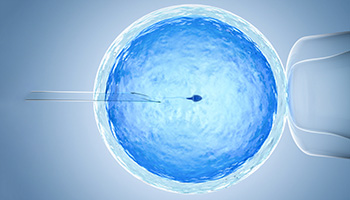Normal pregnancy depends on various factors and conditions in case of any disorder in any of which the chance of fertility is decreased or even may go to zero. Infertility is one of the unwanted life phenomena that have been recently increased. A couple who couldn’t have a baby after a year of having sex without contraception, are considered infertile. All things needed couples know about fertility treatment in Iran are described in this post.
Infertility and its affecting factors
A couple is considered infertile if they cannot become pregnant after 12 months of unprotected intercourse. For women over the age of 35, infertility means not having fertility after 6 months of unprotected sex. Various causes can lead to infertility in couples. In general, these factors can be summarized in female and malefactors. Learn more about infertility: What is infertility and factors affecting infertility.
Causes of female infertility
Female infertility factors include abnormalities in the female reproductive system or poor egg quality that impairs fertility. (Learn more about ways to improve your egg quality: How to Improve Egg Quality) Ovulatory problems, damage to or obstruction of the uterus, abnormalities in the uterus and cervix, polycystic ovary syndrome, Endometriosis, and increased female age are some of the female infertility causes.
Causes of male infertility
Male-Infertility Cause is one-third of couples’ infertility causes. These types of infertility indicate the presence of dysfunction in sperm production or ejaculation in the male.
Low sperm count, motility, and quality are the causes of male infertility. Research shows that in a third of cases, a combination of female and male factors causes infertility in couples. About 10% of couples also suffer from unknown causes of infertility. Learn more about factors that affect male fertility: Factors Causing Infertility in Men and Its Prevention Strategies
















